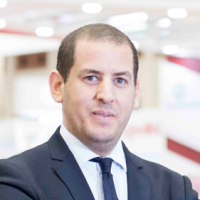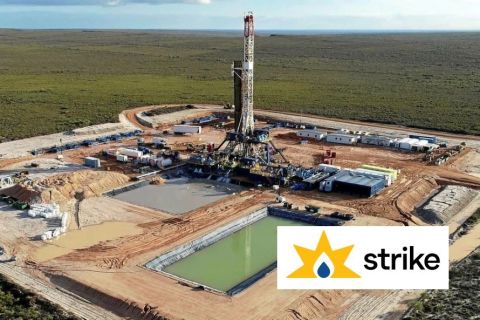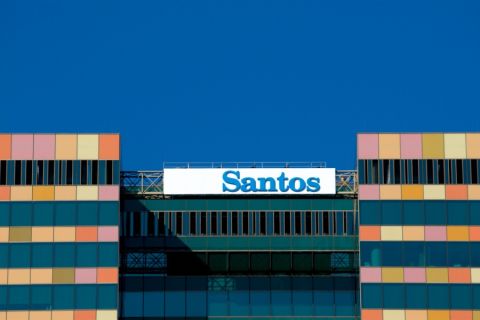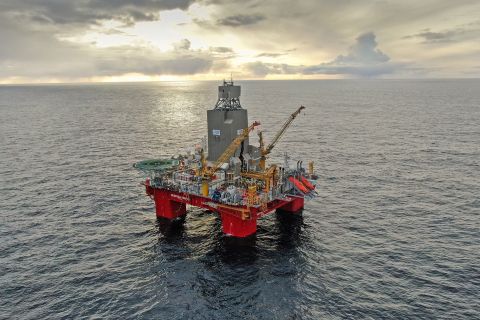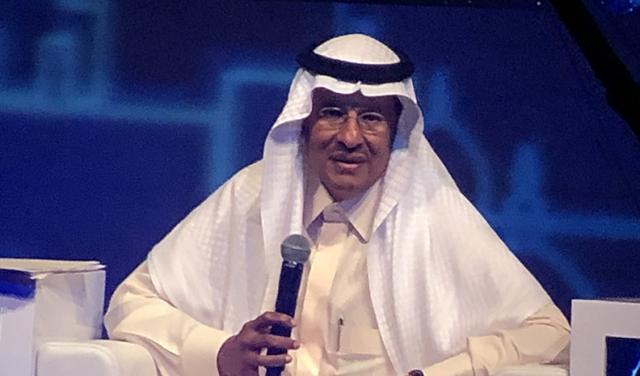
His Royal Highness Prince Abdulaziz bin Salman Al Saud, Saudi Arabia's new Energy Minister. (Source: WEC, Hart Energy)
Editor's note: For coverage of this weekend's drone attacks on Saudi Arabia's oil facilities, see "Global Spare Oil Capacity In US Hands After Saudi Outage."
ABU DHABI—The 24th edition of the World Energy Congress, which concluded on Sept. 12, shined the lights on critical issues facing the energy sector, and key requirements to unlock potential and abundant opportunities.
“Despite the different corners of the globe that we occupy, we all face the same challenge to achieve a collaborative, sustainable and innovative energy future that enables societal, commercial and community prosperity,” UAE Minister of Energy and Industry Suhail Al Mazrouei said during day one of the event.
UAE’s 2050 Vision
Al Mazrouei also outlined the UAE’s ambitious goal of achieving a more sustainable and environmentally friendly future by committing to dramatically reduce its carbon footprint by 2050.
“The UAE has delivered the first long-term energy strategy in the region that includes a huge contribution from cleaner forms of energy,” he said. “Our UAE Energy Strategy is calling for 50% of energy from renewables and nuclear.
“We will continue our efforts as a reliable supplier of hydrocarbons to the world, but our leadership want us to do this in a way that protects the environment, in a way where we together with our national oil company and the rest of our stakeholders reduce our carbon footprint by 70% by the year 2050. We are encouraging all countries to diversify their energy mix to include cleaner forms of energy.”
Dr. Sultan Ahmed Al Jaber, UAE’s Minister of State and CEO of ADNOC, said in a keynote speech that the industry needs massive in all forms of energy.
“The industry needs to continue its commitment to oil and gas infrastructure to meet the expected increase in global demand from new industries as a result of changes to the economic and business landscape,” he said. “About US$11 trillion of investment in oil and gas is needed to keep up with current projected demand.
“At ADNOC we are on track to achieve production capacity goals of four million barrels a day by 2020 and five million by 2030. In parallel, by tapping into gas caps, undeveloped reservoirs and unconventional resources, we are unlocking vast reserves of natural gas.”
RELATED:
Saudi Aramco CEO Says Opportunities Are Limitless, But With One Condition
Saudi Prince Abdulaziz: Oil Hawk With Soft Diplomacy Touch
Saudi Aramco’s IPO Saga
Meanwhile, His Royal Highness Prince Abdulaziz bin Salman Al Saud, Saudi Arabia’s new Minister of Energy, highlighted the ambition of his country to diversify its energy mix and tap renewable and nuclear energy solutions as part of a diversified energy mix to meet demand in the future. The newly appointed energy minister said that his ministry will do everything to ensure the Kingdom is efficient when it comes to oil, electricity, renewable energy and gas.
He also said that the Kingdom is keen to draw on its domestic uranium deposits to develop a nuclear power industry, according to its new energy minister.
“We’re fortunate enough to have a lot of uranium resource—5% of the world resources. We want to go through the full resources, producing uranium, using uranium. We’re interested in making sure our energy mix is comprehensive,” Prince Abdulaziz bin Salman told delegates. “We are proceeding with it cautiously ... we are experimenting with two nuclear reactors.”
Speaking about the relation between Saudi Aramco and the energy ministry specially amid preparations for the much expected IPO, Prince Abdulaziz said that the IPO has led to review the way things work.
“In the new hydrocarbons law, we were clear that no other government agency can reach out to Saudi Aramco only through the energy ministry,” he said. “The thing we have done in Saudi Arabia was to ensure the commerciality of the company and the arm’s length relationship between Aramco as a company owned by the state, and ensuring the company to work as any international company. The IPO has made us all focused on exerting and accelerating every possible effort to recheck what we have been doing in the past and how we can further improve things, specially as Aramco become not only an oil and gas producer but also a technology enabler,” he added.
Asked about whether he is concerned with pessimistic IEA projections, the minister was sarcastic in his answer. “If I [were] to be concerned with IEA projections, I would probably be on Prozac all the time.”
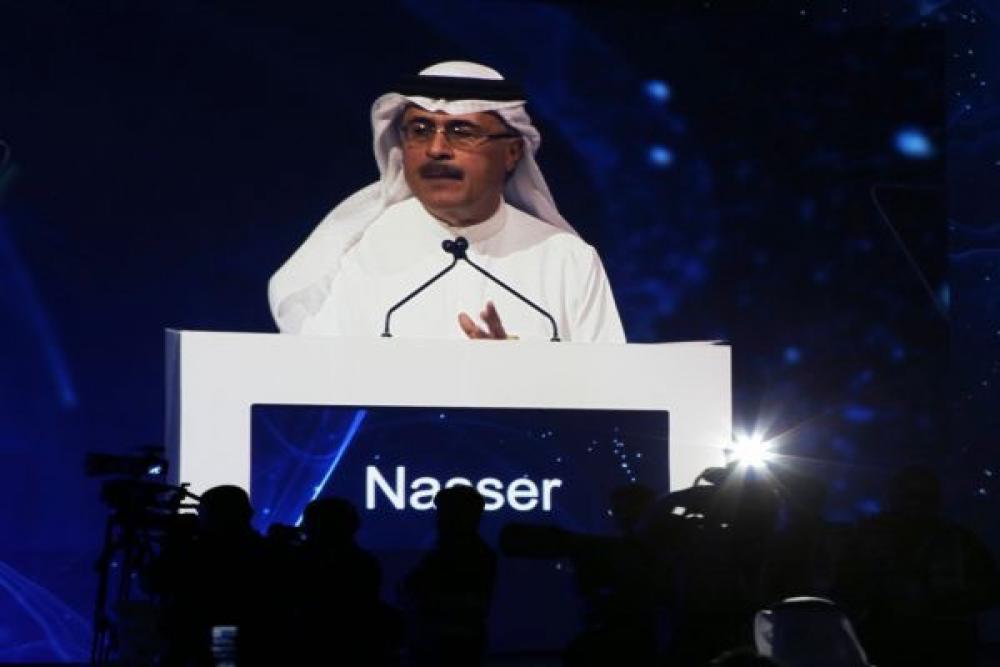
Meanwhile, Amin H. Nasser, President and CEO of Saudi Aramco, said that meeting society’s expectations of sustainable energy will require energy products to be much cleaner and delivered in a new and innovative manner as per the demands of stakeholders, society at large and consumers.
Commenting on the expected Saudi Aramco IPO, he said Aramco is going to sell shares “very soon.” The primary exchange for the listing will be the local bourse, but we are also ready for listing outside," Nasser said on the sidelines of WEC24.
"We have always said that Aramco is ready whenever the shareholder makes a decision to list and as you heard from Prince Abdulaziz on Monday that it is going to be very soon, so we are prepared - that's the bottom line," he said.
Other key speakers during the event was Kersti Kaljulaid, President, Republic of Estonia, who told the World Energy Congress that sustainable and environmentally-friendly energy practices must be aligned with national and global economic policies in order to have the required impact.
“It will create more economic sense to apply all green technologies globally and if this happens we might go to being CO2 free energy users five or 10 or 20 years quicker.
“I prefer that market forces, pushed by smart policymaking and legal space-setting, act quickly and save us all from the alternative,” she said.
“All states that have escaped poverty and reached the ranks of developed nations—including Estonia in the last 30 years—have demonstrated that it can only happen if you align your societal needs, in this case going green, with the interests of the market."
Russia and WEC25
WEC24 concluded with a presentation by Dmitry Kozak, Deputy Prime Minister of the Russian Federation, that highlights the vision of Russia and the energy sectors and what to expect three years from now in St Petersburg.
As hosts of the next World Energy Congress in 2022, Alexander Novak, Minister of Energy, Russian Federation, said that his country will embrace the opportunity to build on Abu Dhabi’s success in hosting the energy industry’s flagship event in three years time.
“Major trends in the industry including the need to modernize production, capacity and grid management, the need for huge capital investment in the sector, for AI, for improved efficiency, the renewables and hydrocarbon mix and much more have all been discussed at great length by leading experts right here in Abu Dhabi at the 24th World Energy Congress.”
Recommended Reading
US Drillers Add Oil, Gas Rigs for First Time in Five Weeks
2024-04-19 - The oil and gas rig count, an early indicator of future output, rose by two to 619 in the week to April 19.
Strike Energy Updates 3D Seismic Acquisition in Perth Basin
2024-04-19 - Strike Energy completed its 3D seismic acquisition of Ocean Hill on schedule and under budget, the company said.
Santos’ Pikka Phase 1 in Alaska to Deliver First Oil by 2026
2024-04-18 - Australia's Santos expects first oil to flow from the 80,000 bbl/d Pikka Phase 1 project in Alaska by 2026, diversifying Santos' portfolio and reducing geographic concentration risk.
Iraq to Seek Bids for Oil, Gas Contracts April 27
2024-04-18 - Iraq will auction 30 new oil and gas projects in two licensing rounds distributed across the country.
Vår Energi Hits Oil with Ringhorne North
2024-04-17 - Vår Energi’s North Sea discovery de-risks drilling prospects in the area and could be tied back to Balder area infrastructure.

